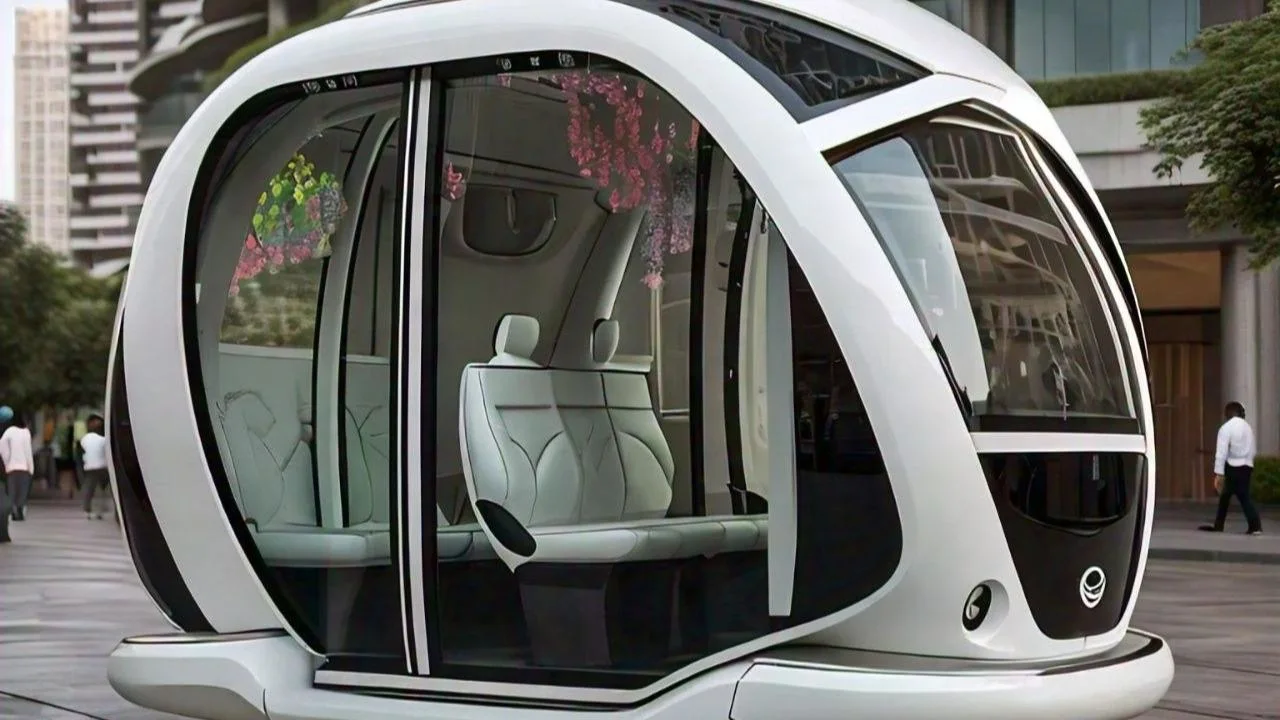The ambitious Rs 1,000 crore pod taxi project aimed at enhancing connectivity within Mumbai’s Bandra Kurla Complex (BKC) is raising eyebrows among experts and citizen groups. Questions surrounding feasibility, high fares, and lack of planning have sparked fears that this initiative could replicate the Mumbai Monorail’s operational struggles.
As per the Techno-Economic Feasibility Study (TEFS) conducted for the project, pod taxi fares are pegged at Rs 21 per kilometre, with a proposed 15% fare hike every four years. While this pricing strategy aims to ensure financial viability, critics argue that such costs are prohibitive for middle-class commuters who predominantly rely on affordable transport options like shared autos and buses. Even a half-route trip on the 8.8-kilometre network could cost over Rs 80, making it economically inaccessible for many. The project also faces significant logistical hurdles. The heavily encroached areas near Bandra and Kurla railway stations pose challenges for terminal construction. Moreover, aligning the pod taxi route with existing infrastructure, such as Metro Lines 2B and 3, and crossing key junctions like Kalanagar, remains a daunting task.
Stakeholders have raised concerns about transparency, citing the lack of a comprehensive public consultation process. Critics argue that despite a survey showing that 48.3% of respondents expressed willingness to use pod taxis, the results disproportionately favour high-income groups. Transport analysts have suggested cost-effective alternatives, such as reinstating dedicated bus lanes, which once achieved ridership levels of 93,000 daily at a fraction of the proposed project’s cost. Additionally, issues surrounding land acquisition and alignment have been highlighted, with specific challenges cited in densely populated areas near LBS Marg and Bandra East. Despite these concerns, MMRDA officials remain optimistic, touting the system’s autonomous technology and potential to handle 12,500 person-trips per kilometre daily. Officials argue that the project, structured as a Public-Private Partnership (PPP), will minimise financial risks for the authority while boosting BKC’s connectivity. However, critics fear the high fares and operational complexities may undermine its appeal to the masses.


